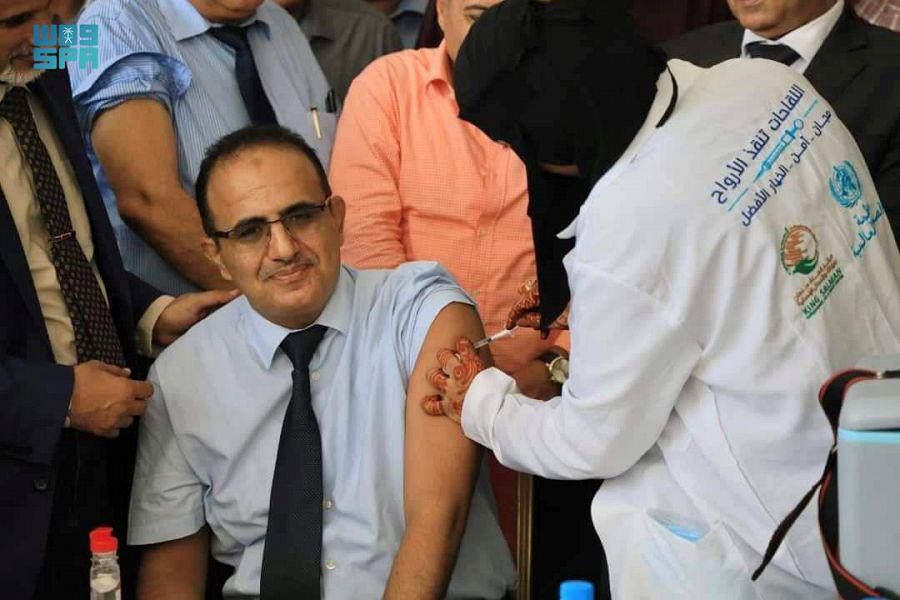
Yemeni politicians have stepped up their campaign against the performance of UN Envoy Martin Griffiths despite attempts by UN Secretary General Antonio Guterres to limit tension between the sides.
Last week, Guterres addressed Yemeni President Abed Rabbo Mansour Hadi who had sent him a letter accusing the envoy of bias and of treating the Houthi rebels as a de-facto government.
The president said Griffiths’ violations “threaten prospects for a solution.”
In his response, Guterres said: “Every effort will be made to maintain the impartial stance that is expected of the United Nations.”
The office of Yemen’s Speaker issued on Monday a strongly worded statement, calling on the government to stop dealing with Griffiths until he respects Security Council resolutions and the spirit of the agreement struck in Sweden between the legitimacy and the Houthis last December.
Government sources said requests made by Griffiths to meet Hadi in Riyadh were not heeded.
Hamdan Alaly, a Yemeni writer and journalist, denied that the ongoing campaign against Griffiths has failed.
Alaly told Asharq Al-Awsat that the campaign should continue because Griffiths and British Ambassador to Yemen Michael Aron are seeking to “impose an unrealistic UN vision that undermines peace chances in Yemen.”
He said the Yemeni government and presidency should answer the peoples calls to replace the UN envoy, and to contact the British Foreign Office for clarifications about the undesirable comments made recently by the British ambassador.
Ezat Mustafa, director of the Fanar Centre for Policy Research, told Asahrq Al-Awsat on Monday that Griffiths should realize that it is no longer possible to exert pressure on Hadi. “Instead, the UN envoy should push Houthis to seriously deal with the peace plan in Yemen,” he said.
For his part, Faris Al-Beel, a political analyst and college professor, told Asharq Al-Awsat that the UN fails to see the roots of the problem in Yemen and deals with the situation as a conflict on power sharing between the rival sides.
“Houthis are not a political party. They represent a military tool for Iran’s project in Yemen,” he said.
Fares said that the ball is now in the court of the legitimate government.
“Either the government takes a strong and decisive position in the negotiations path or it risks being vulnerable in confronting the militias and dealing with the international community,” he said.












